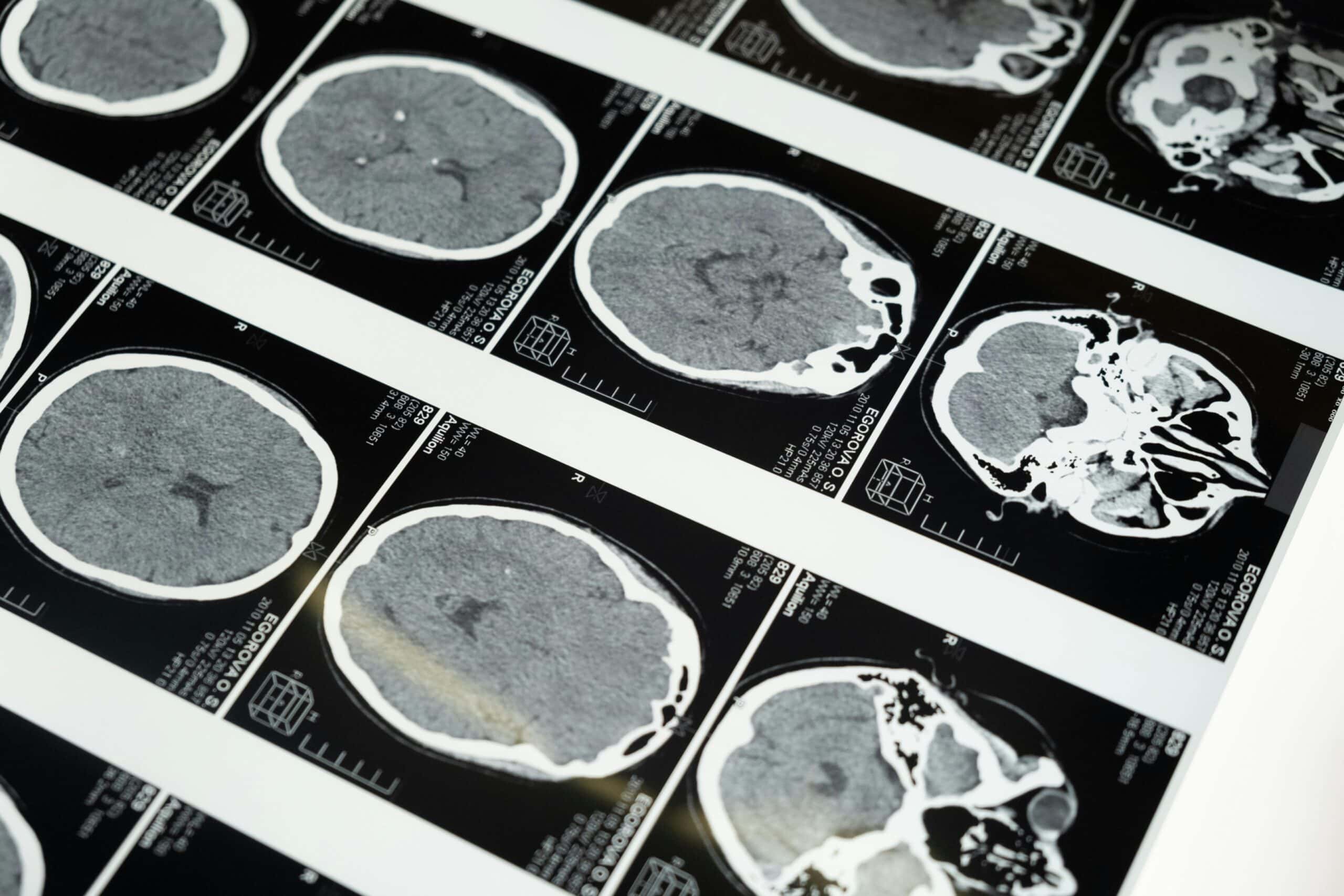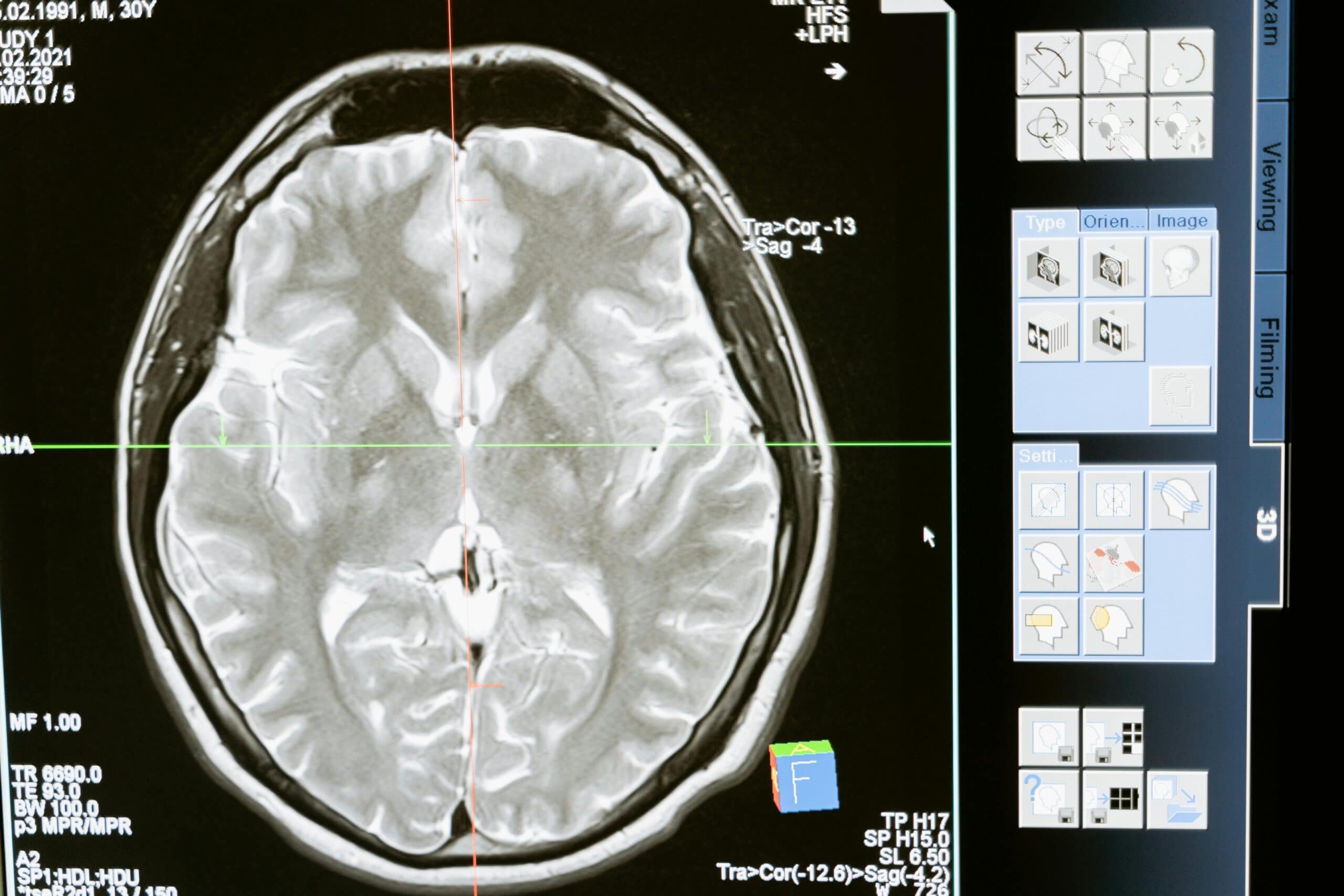A head injury or brain injury caused by an accident can result in long-term consequences and can be potentially life-changing for the victim. Getting the proper medical treatment immediately is integral to preventing the situation from worsening.
Moreover, getting legal representation is also important as it can help you cover the medical and other financial costs of the damage by holding the negligent party accountable. A head injury and a brain injury can cause carrying consequences, and understanding the difference between the two can help you in filing a personal injury claim in Nevada.
What is a Head Injury?
A head injury happens after a strong impact or force is applied to the skill or scalp. This injury is common in vehicle accidents, as the victim’s head may strike a window, windshield, or dashboard. It can also happen after being stuck against or by heavy objects.
Head injuries are also common in workplaces like construction sites. Explosions, bullets, and physical assaults could also result in head injuries.
Moreover, head injuries include a wide range of injuries that may occur to your scalp, skull, brain, and underlying blood vessels and tissue in the head. It can also lead to traumatic brain injury or brain injury, depending on the severity of the impact.
What is a Brain Injury?
A brain injury is an injury that occurs in the brain tissues or blood vessels. It can differ in severity but create temporary or permanent dysregulation or dysfunction. This type of injury can cause emotional issues, cognitive impairments, sensory problems, and deficits in coordination and motor skills.
Most brain injuries can heal, and neurological complication may start disappearing over time. However, severe blows that cause traumatic brain injuries could lead to long-term results. It could impact the ability of the person to remember information, speak, eat, and move.
Severe injuries could also cause complications, like post-traumatic dementia, persistent vegetative state, seizures, and coma.
Is it Possible to Sustain a Head Injury without Suffering from a Brain Injury?
Since human skills are created in a way to provide protection to the brain, it is possible to sustain a head injury without having a brain injury. If you have suffered from a head injury but don’t have a brain injury, that means the skull, scalp, and tissues protected your brain from the trauma. In case the force of impact is strong enough, the head injury could cause a brain injury.
Both head and brain injuries result in varying impacts and require different medical treatments. It is essential to determine whether the victim has a head injury or a brain injury to get the right treatment. A brain injury can result in a lasting impact if left untreated.
Suffering from these injuries can be devastating for the victim and their loved ones. It requires constant care and attention to heal, which is why seeking compensation if the damage was caused by someone’s negligence is essential.
Get Legal Assistance from Nevada Brain Injury Lawyers
If you have suffered from a head injury or a brain injury due to an accident caused by the negligent behavior of others, getting the right legal representation can help you recover compensation.
The head and brain injury lawyers at Bourassa Law Group can establish a strong case and fight on your behalf. Our team ensures you get the fair settlement you deserve for your losses. Contact us at (800)870-8910 or send a message to book your free consultation to discuss your case.





